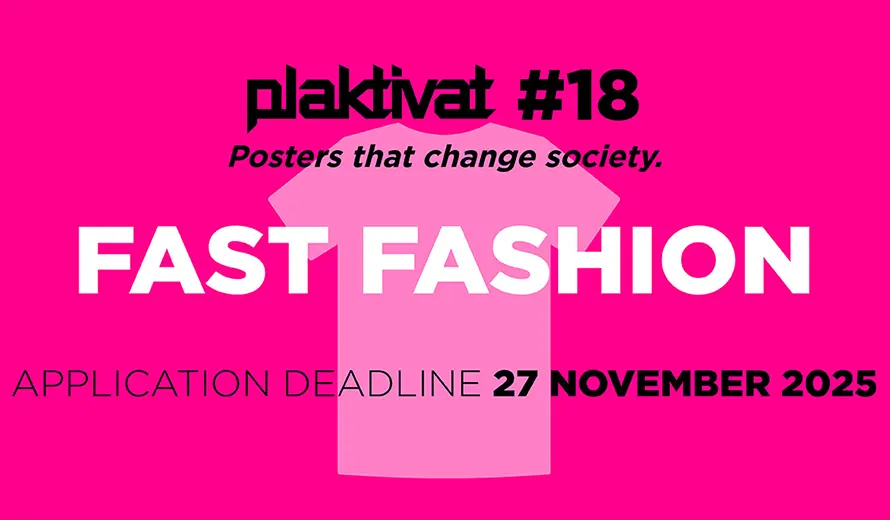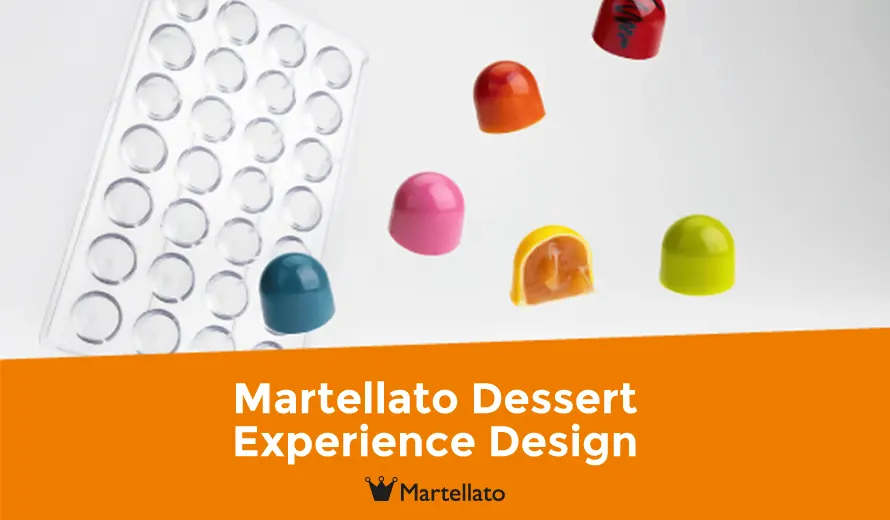Stanford Center on Longevity Design Challenge 2025-2026

Stanford Center on Longevity Design Challenge 2025-2026 is now open for entries!
The Stanford Center on Longevity Design Challenge recently announced for entires is a global competition that encourages students to design products and services to improve well-being across the lifespan.
Short description
The Stanford Center on Longevity Design Challenge is a global competition recently announced for entries in its 2025-2026 edition, that encourages university students to design products and services to improve well-being across the lifespan. In its thirteenth year, the Challenge is focused on the theme “Prevention by Design: Creating Healthy Lifestyles for Long Lives.”
Preventive health has become increasingly critical in the face of longer lives and rising chronic disease rates. Students are invited to design solutions that empower individuals to lead healthier, longer lives through preventive health strategies. This theme emphasizes the role of lifestyle factors such as sleep, nutrition, physical activity, stress management, and social relationships in improving long-term well-being.
By addressing lifestyle factors through design, students will contribute to a broader preventive health movement. The challenge envisions a future where health is not just about treating illness but about building resilience and improving well-being for people of all ages and backgrounds.
Students are encouraged to explore innovative ways to:
➜ Incorporate evidence-based practices: Translate scientific insights into practical solutions that address physical, mental, and cognitive health.
➜ Promote accessible health interventions: Develop products, programs, or services that make healthy living achievable across diverse communities and life stages.
➜ Reimagine health behaviors: Inspire sustainable changes in daily habits through design, technology, and education.
➜ Foster long-term engagement: Leverage behavioral science, gamification, or other creative approaches to encourage adherence to healthful practices.
Designs can be products, programs, apps, or services.
The 5-8 Finalist teams will be announced on 21 January 2026. The Final competition will be held at Stanford University in April 2026.
Who may enter?
The challenge is open to teams of 1-5 students enrolled during the 2024-2025 academic year, attending any accredited university or college globally. Each team must have at least one full-time student and if the team is selected as a Finalist, only students may present.
Prize:
Top winners receive cash prizes of $10,000 (1st place), $5,000(2nd place), $2,000 (3rd place). Finalists receive a $1,000 cash prize and mentorship from industry experts and researchers.
Entry fees:
There is no entry fee to participate!
Official website
Organiser
Stanford Center on Longevity





